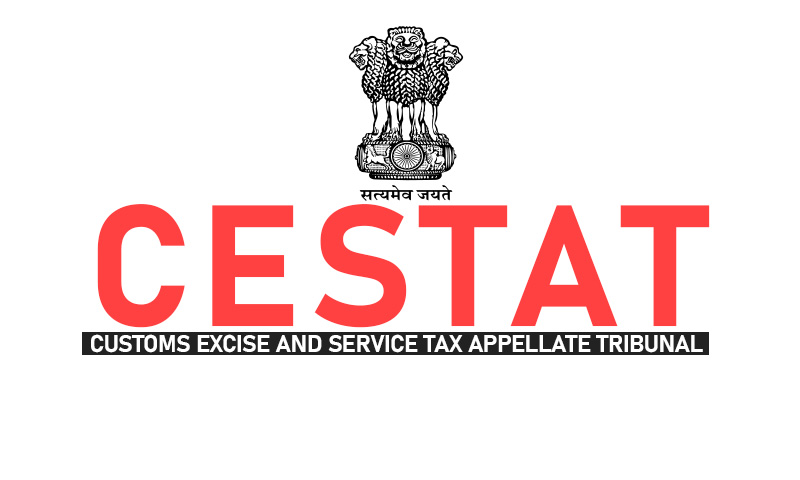The New Delhi bench of the Customs, Excise & Service Tax Appellate Tribunal (CESTAT) has reiterated that the decision taken by the Central Government to not impose anti-dumping duty under Section 9A of the Customs Tariff Act, 1975, is quasi-judicial in nature and not legislative, and thus, the requirement of a reasoned order must be compiled with. The Tribunal ruled that the...

